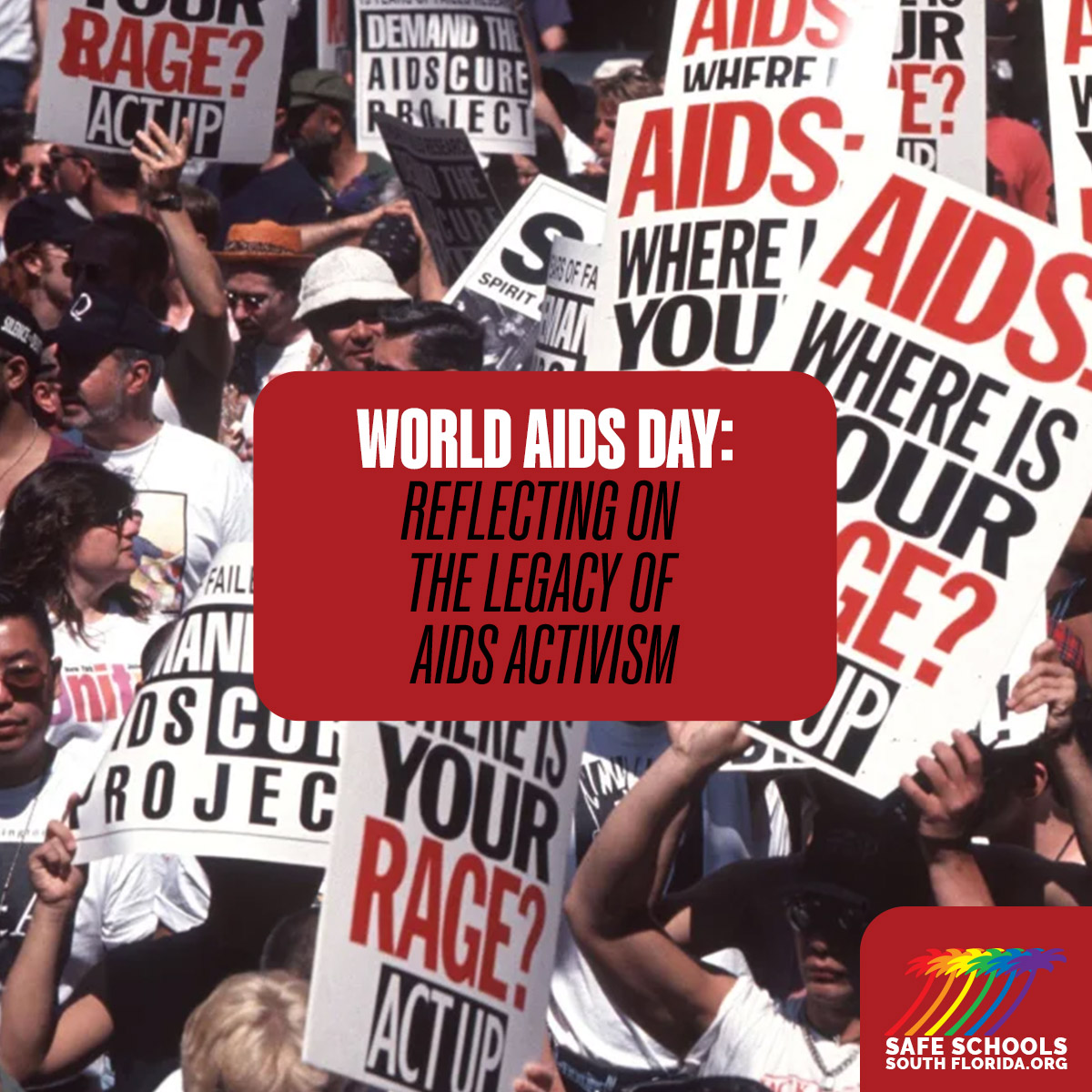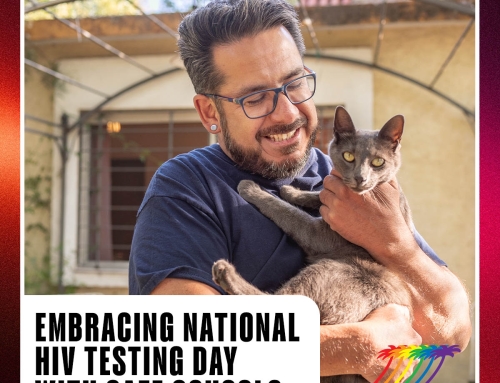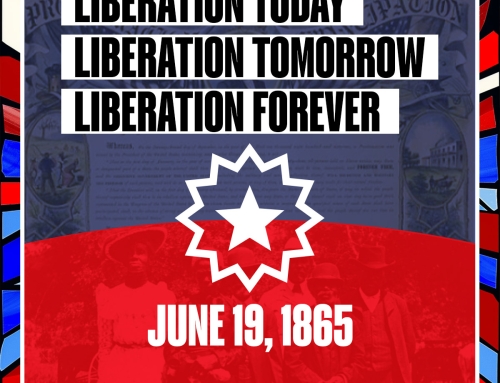World AIDS Day: Reflecting on the Legacy of AIDS Activism
As we observe World AIDS Day, it’s crucial to acknowledge the profound impact of AIDS activism, which began in the heart of the AIDS crisis during the early 1980s. This activism, led by and for people living with AIDS, marked a pivotal shift in addressing not only the medical but also the socio-political challenges of the epidemic.
The emergence of AIDS activism can be traced back to the gay communities in the United States, where the AIDS epidemic first gained prominence. This activism was distinct from broader gay activism; it was a response to the unique threat of “social death” faced by people with AIDS. Social death refers to the phenomenon where individuals, deemed “as good as dead,” are excluded from community life. This exclusion was a harsh reality for many people living with AIDS, compounded by the stigma and fear surrounding the disease.
The roots of organized political response to AIDS can be found in the activities of gay men with AIDS in San Francisco and New York. This movement crystallized with the Denver Principles, a foundational document that laid out the rights and roles of people with AIDS. These principles not only influenced subsequent AIDS activism but also emphasized the importance of viewing epidemics from the perspectives of those directly affected.
The fight against AIDS was more than a medical battle; it was a struggle against stigma and social death. People living with HIV/AIDS and their allies formed health activist movements across the globe, influencing governmental and societal responses to the epidemic. These movements were crucial in changing the narrative around AIDS, transitioning from a death sentence to a condition that, with the right support and treatment, could be lived with.
One key aspect of AIDS activism was its distinction from the stigma attached to the disease. While stigma often results in people being seen as “less than human,” social death renders them “less than alive.” Activists fought against this by emphasizing the humanity and dignity of those living with AIDS, advocating for their inclusion and active participation in all aspects of societal response to the epidemic.
The Denver Principles became a cornerstone of AIDS activism, emphasizing the empowerment of people with AIDS. They called for a new relationship between people with AIDS, healthcare providers, and society at large. The principles advocated for self-representation, treatment equality, and the right to a dignified life and death.
The activism around AIDS in the early 1980s set the stage for future movements and organizations. It led to the establishment of groups like the National Association of People With AIDS (NAPWA) and influenced later activist groups such as ACT UP. These movements played a critical role in reshaping public policy, medical research, and drug development, contributing significantly to the development of effective treatments for HIV/AIDS.
As we reflect on the history of AIDS activism, it’s essential to remember the courage and resilience of those who stood up against societal indifference, stigma, and fear. Their legacy is a testament to the power of community, advocacy, and solidarity in the face of immense challenges. It reminds us of the importance of continuing the fight for dignity, equality, and health for all, especially as we continue to confront global health crises.
Source: NIH
By: Harold Marrero
Chief Operating Officer
We encourage you to share this information with friends, fellow teachers, and allies and join us in bringing awareness to our efforts. Your support is essential for our ongoing work to create safe spaces for all students, regardless of ethnicity, gender, sexual orientation, or expression. Please consider donating to Safe Schools so that we can continue advocating for inclusivity and diversity within the education system.







